If you think you need a big corporate office to get your business started, think again. Some of the biggest and most prosperous enterprises in the world started out small.
The humble beginnings of these 10 multi-million pound businesses prove that great ideas are still great ideas, no matter where they started and developed.
Here are 10 that have grown to reach the big time:
1. Dyson - The garden shed is normally a place to escape, but it was the workshop for British inventor James Dyson where he set out to make his idea of a bagless vacuum cleaner a reality in the early 1980s. The world's first cyclonic bagless vacuum cleaner arrived five years and 5127 prototypes later. Today, Dyson reported an income of £367m last year.
James Dyson replaced the ordinary vacuum's four wheels with a big ball
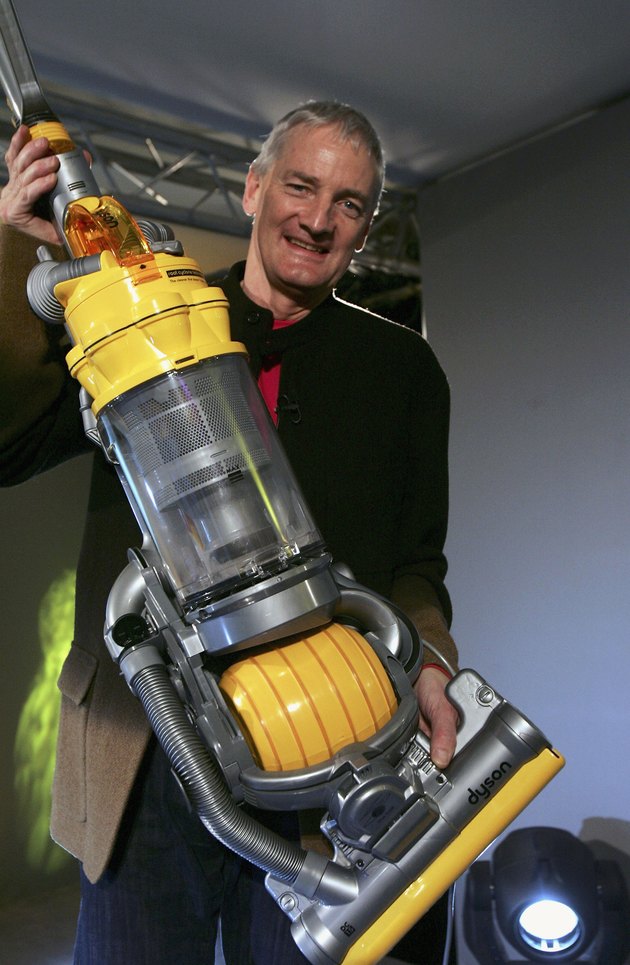
2. Carphone Warehouse - In 1989, when most cell phones were still the size of house bricks, Charles Dunstone founded the Carphone Warehouse. Dunstone started a company selling cell phones from his flat by spending £ 6,000 of his savings. Today, Carphone Warehouse is the largest independent retailer of cell phones in Europe.
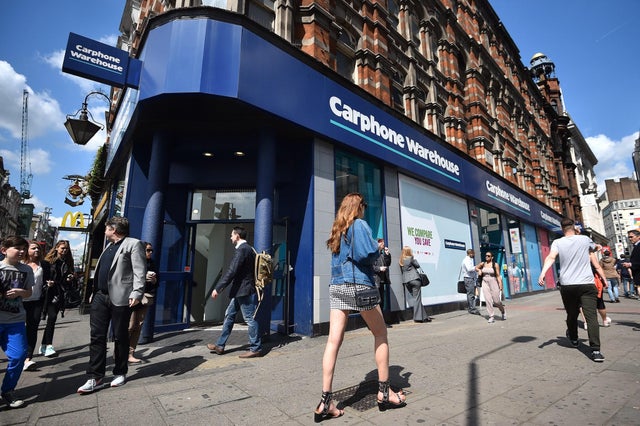
3.Virgin Group - The Virgin Group of Britain has its fingers in several pots these days, from travel and aerospace to music and health, but its roots were modest, like the other massively successful companies in our round-up. In February 1970, Richard Branson set up Virgin as a mail order company dealing in cut-price vinyl albums.
A young Richard Branson
Image source: Pinterest
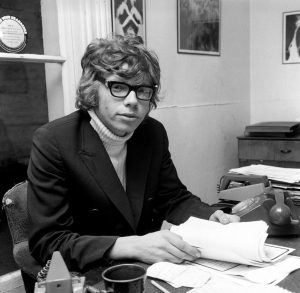
4. Amstrad - In the back of a van he bought for £ 50, along with £ 40 worth of car aerials that he started selling, Alan Sugar began building his business empire. That was Amstrad's beginning (Alan Michael Sugar Trading Company). The company listed on the London Stock Exchange in 1980 and, after diversifying into the telecoms market, the company was sold to Sky for £ 125 million in 2007.
Amstrad CPC 464 with CTM644 colour monitor. Photo by Bill Bertram [CC BY-SA 2.5], via Wikimedia Commons
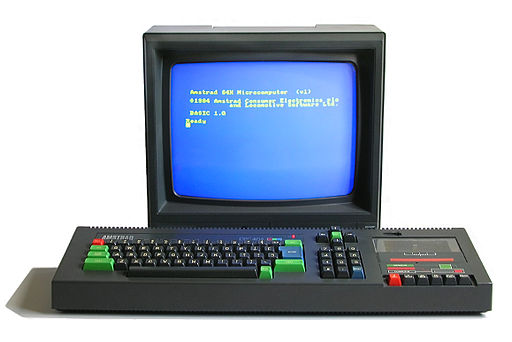
5. SpareRoom - From his parents' garden shed, Rupert Hunt began SpareRoom in 2004. While most early stage entrepreneurs’ rail against the problems of long days and cash flow, the shed-dwelling arachnids that plagued him were Hunt's typical gripe. Today, with over two million users a year the business is the leading flat-sharing platform in the UK.
Rupert Hunt- SpareRoom Founder

6.Pip & Nut - Pip Murray kick-started her company selling Pip & Nut safe nut butters from a shed that she won in an Escape the City competition. Pip's items, including Sainsbury's and Fortnum & Mason, are now available in 5,000 locations across the UK.
Pip Murray who created Pip&Nut.
Image source: Startups
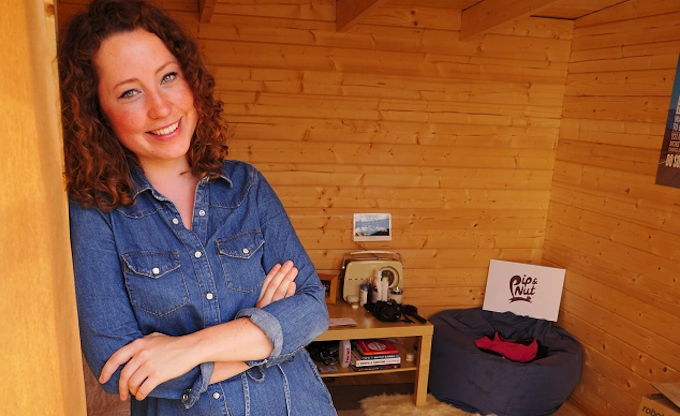
7. Lotus - Anthony Colin Bruce Chapman began Lotus Cars in 1948, at the age of 20, by constructing the first Lotus racing car in the stables behind The Railway Hotel in Hornsey, North London. Lotus Cars is also one of the world's premier manufacturers of race cars.

8. EasyJet - EasyJet, the UK's number one budget airline, was founded by British-Cypriot businessman Stelios Haji-Ioannou in 1995. The airline was launched with two leased Boeing 737-200 aircraft and began with just two routes to Glasgow and Edinburgh from London Luton Airport. The airline operates more than 1,000 routes today, turning over $7.7 billion annually.
Stelios Haji-Ioannou in front of a easy jet carrier.
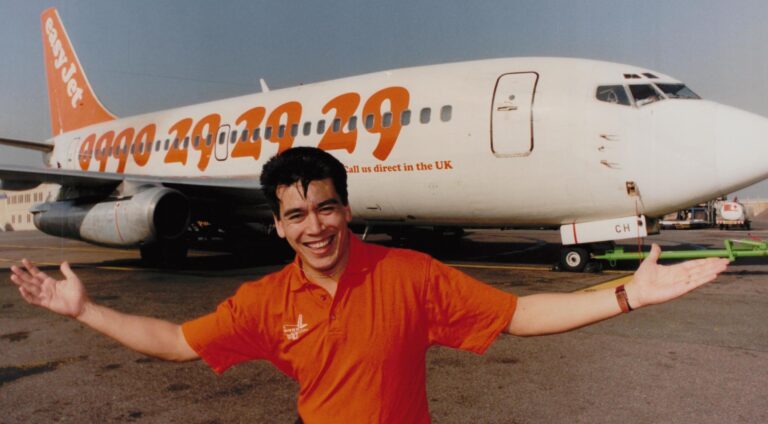
9. Boots - The parent company of Walgreens also operates Boots, the largest pharmacy-led health and beauty distributor in the UK. The British chemists' chain began with only one site, like its counterpart across the pond, a small shop at 6 Goosegate, Nottingham, which was opened by company founder John Boot in 1849 and sold herbal remedies prepared by his mother.
Boots, Southport UK
1937
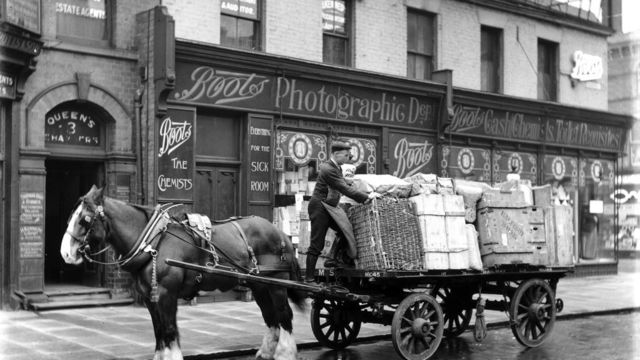
10. Tesco - In 1919, Polish immigrant Jack Cohen created one of the world's largest supermarket chains, Britain's Tesco, as a stall in the East End of London's Well Street Market. Cohen sold war-surplus groceries, and only in 1931 did he open his first store.
A typical store in the 1930s and 1940s

The lesson here is that the most amazing ideas have no boundaries. From small, garden sheds to multi-million pound companies, anyone who's passionate about an idea can start—and grow—that idea anywhere, as long as they have a little privacy and room to shut out the rest of the world.
